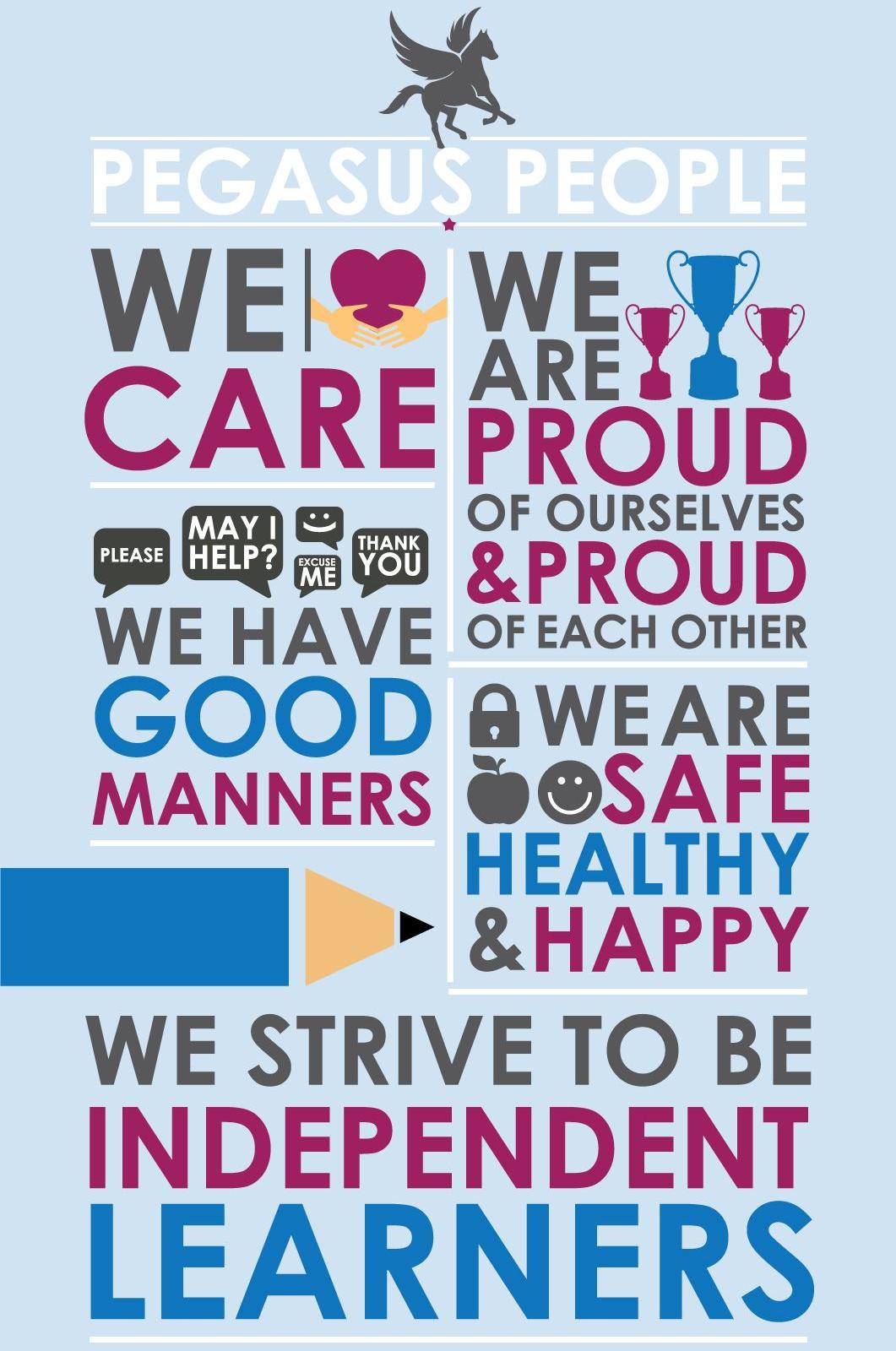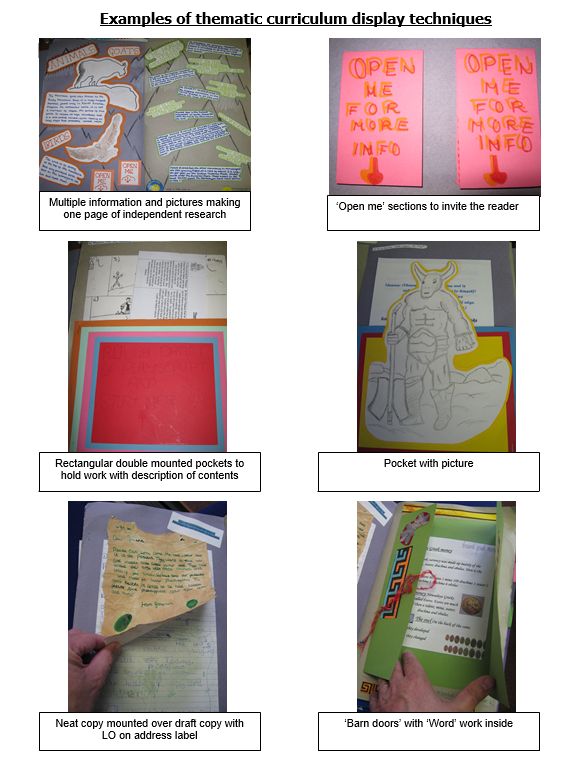Thematic Curriculum
In our thematic curriculum four subjects that were previously taught separately, namely History, Geography, Art and Design Technology (DT), are combined into themed work which is more meaningful to the children.
In Key stage 1 there are 3 themes per year for each year group (lasting one term each) and 2 themes in Key stage 2 (which covers half a year of work). At present our themes are:
| Year 1 | Here We Are |
| Toys | |
| Africa | |
| Year 2 | Terrible Tudors |
| Looking at London | |
| Oh I do like to be beside the seaside! | |
| Year 3 | The Crystal Palace (local study) |
| ‘Like a Rolling Stone’ – Prehistoric Britain | |
| Year 4 | When in Rome |
| Invaders and Settlers (Anglo Saxons) | |
| Year 5 | The Vikings are Coming |
| Crime and Punishment (theme in British history) | |
| Year 6 | ‘Walk like an Egyptian’ |
| Greece is the Word | |
| Independent historical study (Benin) |
Intent
In common with all the curriculum areas taught at the schools within the Pegasus Academy Trust our thematic work is intended to support the characteristics outlined in our ‘Pegasus People’ statement. We design work which supports children to become independent learners, making choices about areas within the topic that interest them and how to present their work to a standard they can be proud of. Within the thematic curriculum the Art and DT work taught allows them to take pride in the artwork and projects that they produce as well as guiding them safely through a continuum of taught skills and techniques. Many children report that the thematic sessions are their favourite area of learning during the week. At the end of their time with us we aim to have our children ready for the challenges of secondary school and our thematic curriculum is a key part of this preparation as it allows children to be flexible, co-operate with others. respond to and overcome setbacks and manage their time well.

Implementation
When planning for our thematic work we use the best elements of many different schemes of work as well as original material that teachers themselves have contributed. Thematic topics are also often linked to books that we are reading in English – for instance ‘The Crystal Palace and the Great Exhibition’ in Year three links with the book ‘The Dinosaurs of Waterhouse Hawkins’
In Key stage 1, the children are introduced to a topic and any prior knowledge is established. The children engage in practical and fun learning activities planned by the teacher, with areas of learning all linked together under a common theme. In Key stage 2 the work moves towards children engaging in independent research and they are carefully guided towards this by teacher led whole class sessions and ‘carousel’ work in which some groups are working independently and some groups are working with an adult. These groups then rotate (hence ‘carousel’) for the next session so that all groups get equal access to adult direction. Of course if children encounter problems the staff are still there to help.
By independent research we do not mean that the children are left to work without any adult intervention but rather that the direction their learning takes at this stage is determined by the child. If they are not confident working on answering their own questions it may be that they would work with another child or in a friendship grouping. Some suggestions of what this independent work might constitute are:
- library research;
- using the internet;
- devising a questionnaire;
- taking photographs;
- recording a spoken answer.
Answers may be recorded as a written piece, a table, an ICT presentation (‘2 connect’ or ‘Powerpoint’), labelled photographs, a labelled diagram, a picture, a sculpture, a recording, a video, something that is cooked (photographed), a model (photographed), a comic strip etc.
Independent research is arranged when all previous lessons have been completed to a good standard. It may be that some children only get a few sessions of independent work as the emphasis is on quality not quantity.

Impact
Pupils leave the Pegasus Academy Trust with a secure understanding of the academic content they have been taught, In the case of the thematic curriculum this means an understanding of chronology and place and the physical and human aspects that have shaped the world. They will also know how art and design contributes to and reflects our history. They will know, apply and understand the matters, skills and processes specified in the relevant National Curriculum programme of study.
However, our thematic curriculum goes beyond this and has evolved into one of the key ways in which our children can discuss their interests and preferences and understand the views of others through discussion and feedback. Crucially it is tailored to our South London community and involves study of BAME figures from history and discovery alongside those traditionally studied in English schools. A key milestone each year is our ‘Museum day’ in which children show off their learning to visitors. We aim for all of our children to leave Pegasus schools as respectful, skillful and ambitious Londoners with a thirst for life and all that this great city has to offer.












